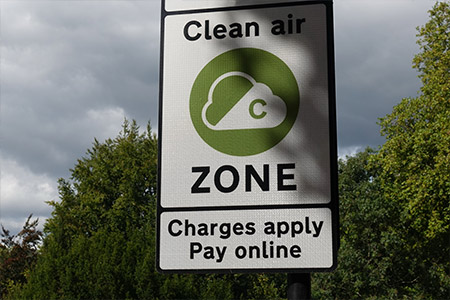New Vehicle Technologies and Road User Charges

Past research has highlighted the benefits of road user charging, like road tolls. They are a relevant tool to raise funds in the context of declining fossil fuel tax revenues and provide an incentive to change transport users towards more sustainable behaviour, by linking charges to the negative externalities of road use. Road user charges can also be a means to incite the uptake of new technologies, where exemptions are put in place. For example, existing distance-based charging mechanisms may have (fully or partly) exempted electric vehicles from paying charges - a clear incentive for new vehicle buyers to choose an electric vehicle.
Such exemptions, however, raise equity concerns and may not be financially sustainable in the longer run when uptake rates of the exempted technologies increase. Income from distance-based charges may also decline should future road transport demand reduce, for example, due to increasingly efficient vehicle use, demographic trends like an ageing population, or land use changes like increasing urbanisation. Potentially increasing infrastructure maintenance costs - to allow for the uptake of new technologies, like automated vehicles - may further increase the pressure on public authorities to find innovative ways to raise funds for road infrastructure.
This project examines case studies to identify how public authorities in selected countries have adapted (or are planning to adapt) their road user charging systems to accommodate new technological innovations, like the expected increase in the uptake of electric vehicles and the introduction of automated vehicles. The study focuses on cases where systems are adapted to encourage the uptake of electric vehicles, but now may need further revision in the not-too-distant future.